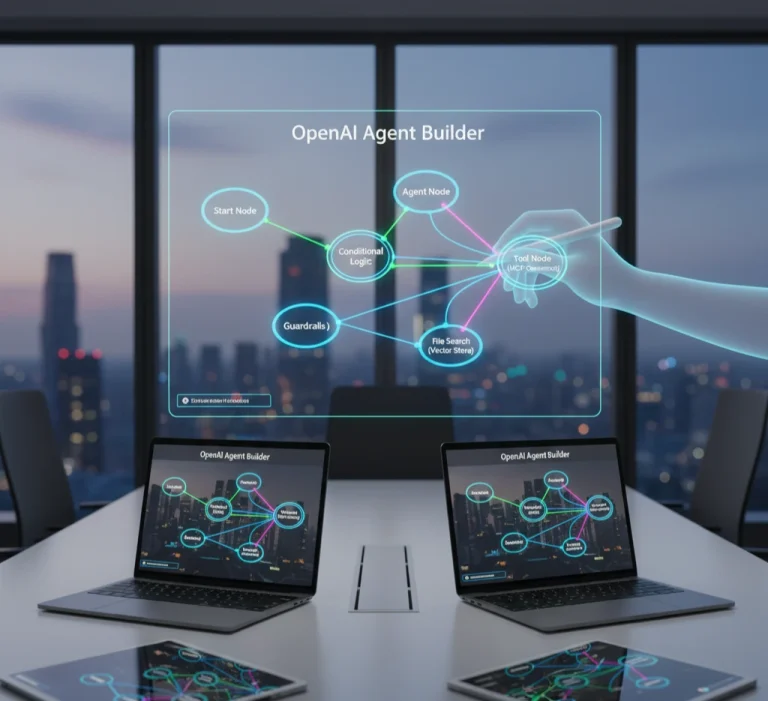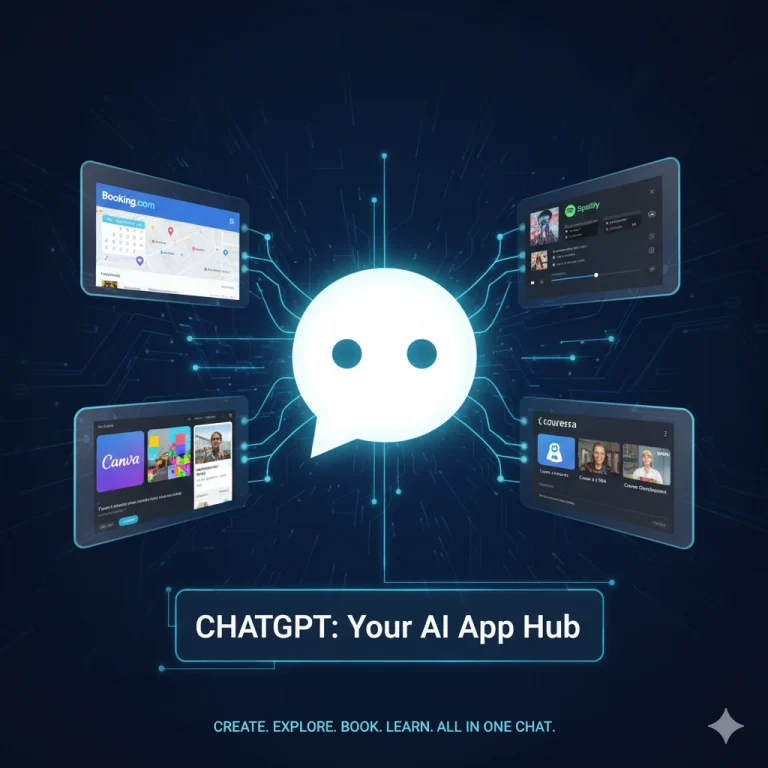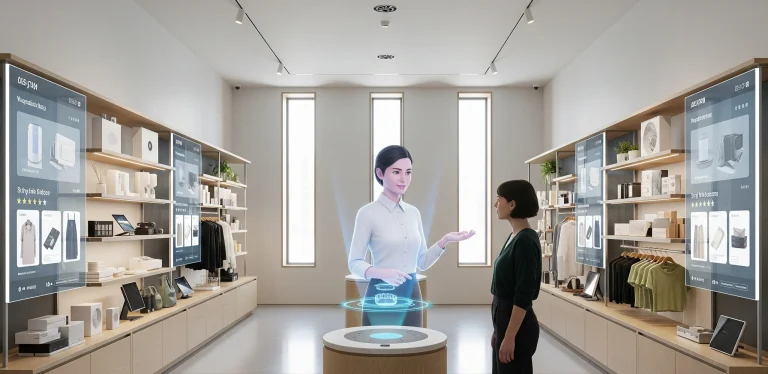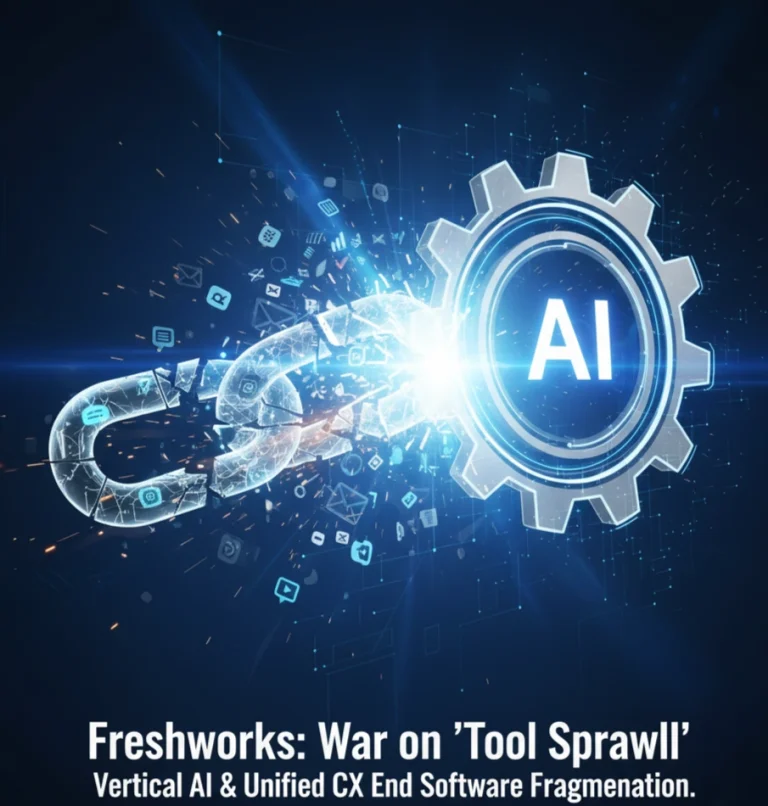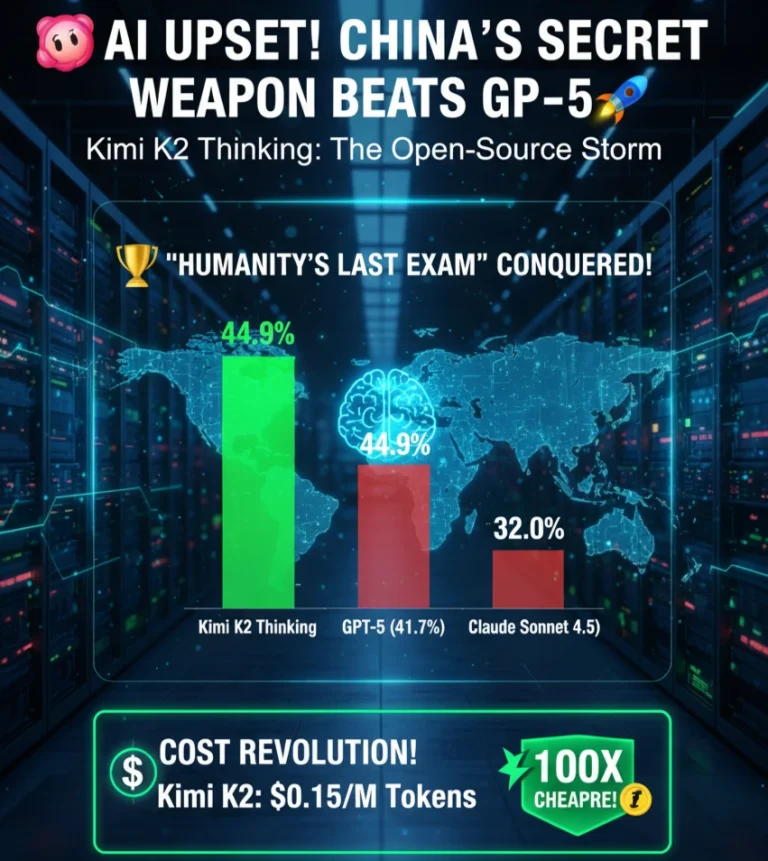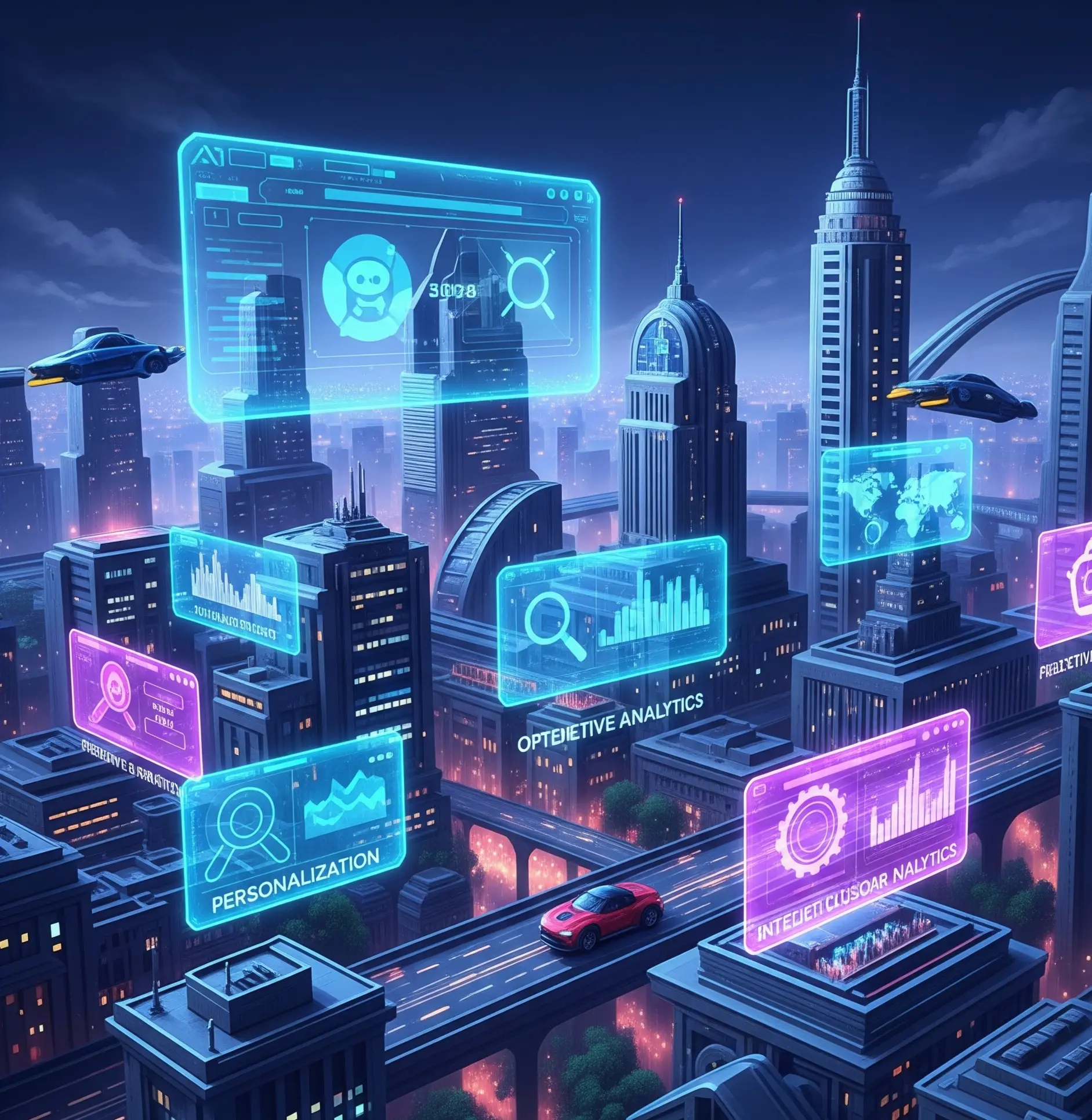
AI isn’t just a futuristic concept; it’s actively revolutionizing digital marketing strategies today. From advanced chatbots crafting compelling ad copy to sophisticated algorithms predicting customer behavior, artificial intelligence is empowering marketers to achieve unprecedented levels of efficiency and effectiveness. In fact, a significant majority of marketers are already integrating AI into their operations, a testament to its undeniable impact.
Let’s dive into five essential AI trends that are reshaping the digital marketing landscape and how your business can leverage them for sustained growth.
1. Hyper-Personalization at Scale: Delivering Bespoke Experiences
In today’s competitive digital sphere, customers no longer merely appreciate personalized experiences – they expect them. AI is the driving force behind truly hyper-personalized interactions, enabling marketers to analyze vast amounts of customer data (including email engagement, website clicks, and purchase history) to deliver highly tailored content and recommendations.
How AI powers hyper-personalization
- Dynamic Website Content: AI algorithms can dynamically alter website layouts, product displays, and promotional offers based on an individual user’s Browse history and preferences, much like Netflix’s personalized recommendations.
- Personalized Email Subject Lines: AI can craft subject lines that resonate more deeply with individual recipients, potentially leading to increased open rates.
- AI-Driven Product Suggestions: E-commerce giants like Amazon leverage AI to power “Frequently Bought Together” or “Customers Also Viewed” sections, significantly boosting cross-selling and upselling opportunities.
Pro Tip: Tools such as HubSpot AI and Dynamic Yield are at the forefront of automating and scaling personalization efforts, allowing businesses to create highly relevant customer journeys.
2. AI-Generated Content: Beyond Basic Text Creation
The capabilities of AI in content creation have expanded far beyond simple text generation. While AI writing tools are increasingly common, the technology now empowers marketers to produce a diverse range of high-quality content formats with remarkable speed and efficiency.
The evolving landscape of AI-generated content:
- Video Scripts: AI tools can generate engaging video scripts, streamlining the production process for video marketers. For instance, Pictory offers AI-powered video creation from text.
- Social Media Posts: AI can assist in crafting captivating social media captions and even generate image concepts, as seen with tools like Meta’s AI Sandbox.
- SEO-Optimized Blogs: Platforms like Frase and SurferSEO utilize AI to help marketers research, write, and optimize blog posts for higher search engine rankings, ensuring content is not only engaging but also discoverable.
Statistic: In a 2025 State of AI report by HubSpot, 55% of marketers placed content creation as the most popular use case of AI in content marketing, an impressive uptick of 12% from the previous year.
Example: Buzzfeed’s use of AI for quizzes has been reported to drive significant engagement, demonstrating the power of AI in creating interactive and viral content.
3. Voice & Visual Search Optimization: Adapting to New Search Behaviors
The way consumers search for information is evolving, with voice search and visual queries becoming increasingly prevalent. Savvy marketers are optimizing their content to rank for these new search modalities, and AI is playing a crucial role in this adaptation.
Trend: While the exact “50% of searches will be voice/image-based by [Google]” stat is an older projection, Google continues to highlight the growing importance of these search methods. For instance, Google Lens sees billions of searches monthly, and over 20% of Google app searches are done with voice commands.
Strategies for optimizing for voice and visual search:
Long-Tail, Conversational Keywords: Optimize content for natural language queries that users might speak into their devices (e.g., “best running shoes for flat feet” instead of just “running shoes”).
Structured Data (Schema Markup): Implement schema markup to provide search engines with clear context about your content, increasing the likelihood of appearing in rich snippets and voice search results.
Leverage AI Tools for Voice SEO: Specialized AI tools, such as those offered by BrightEdge, can help analyze voice search patterns and identify optimization opportunities.
4. Predictive Analytics for Smarter Ad Campaigns
AI’s ability to analyze vast datasets and identify patterns makes it invaluable for predictive analytics in advertising. This allows marketers to move beyond reactive strategies and proactively anticipate customer behavior, leading to more efficient ad spend and higher ROI.
How AI-powered predictive analytics transforms advertising:
- Customer Lifetime Value (LTV) Prediction: AI can forecast the potential revenue a customer will generate over their relationship with your brand, enabling targeted marketing efforts on high-value segments.
- Churn Risk Identification: By predicting which customers are likely to churn, businesses can implement proactive retention strategies.
- Optimal Ad Spend Allocation: AI algorithms can determine the most effective allocation of ad budgets across different channels and campaigns to maximize conversions.
Tool to Try: Google’s Performance Max campaigns, powered by sophisticated AI bidding strategies, are designed to optimize ad delivery across all Google channels to achieve specific conversion goals.
5. AI-Powered Customer Service: Enhancing Support and Engagement
AI is transforming customer service by providing instant, personalized support 24/7, freeing up human agents for more complex issues. This not only enhances customer satisfaction but also improves operational efficiency.
Examples:
- Chatbots (e.g., Zendesk Answer Bot).
- AI call assistants (e.g., Gong for sales calls).
Statistic: While the exact “69% of consumers prefer chatbots for quick issues” from Salesforce is often cited as a general trend in various marketing reports, broader studies confirm strong consumer preference for chatbots for quick resolutions.
Conclusion
Artificial intelligence isn’t a threat to marketing professionals; it’s a powerful co-pilot that enhances capabilities, automates mundane tasks, and uncovers insights previously unattainable.
From crafting hyper-personalized experiences and generating diverse content to optimizing for emerging search trends and delivering smarter ad campaigns, AI is empowering marketers to focus on strategic thinking and innovation.
The key to success in this evolving landscape is to embrace AI, starting with small, manageable experiments. Pick one trend that aligns with your immediate business goals and begin testing its potential.
Ready to experiment with the power of AI in your marketing? Learn how to unleash the full potential of ChatGPT for marketing next!
FAQs
Find answers to common questions below.
How is AI changing digital marketing?
AI is transforming digital marketing by helping with everything from creating ad copy and predicting customer behavior to personalizing experiences and automating tasks, making marketing much more efficient.
Can AI personalize marketing for my customers?
Absolutely! AI analyzes tons of customer data (like website visits and past purchases) to deliver hyper-personalized content, emails, and product recommendations tailored to each individual.
Does AI write content or make videos?
Yes, AI can now do more than just write text. It can generate engaging video scripts, social media posts, and even SEO-optimized blog articles, speeding up your content creation process significantly.
Why is AI important for voice and visual search?
As more people use voice and images to search, AI helps marketers optimize content for these new behaviors. It ensures your business appears in search results when users ask questions or use image recognition.
How does AI make ad campaigns smarter?
AI uses predictive analytics to anticipate customer behavior, allowing marketers to target the right audiences, optimize ad spending, and identify high-value customers, leading to better campaign results.
Can AI improve my customer service?
Definitely! AI-powered chatbots and call assistants provide instant, personalized support 24/7. This frees up human agents for more complex issues, leading to happier customers and more efficient operations.

